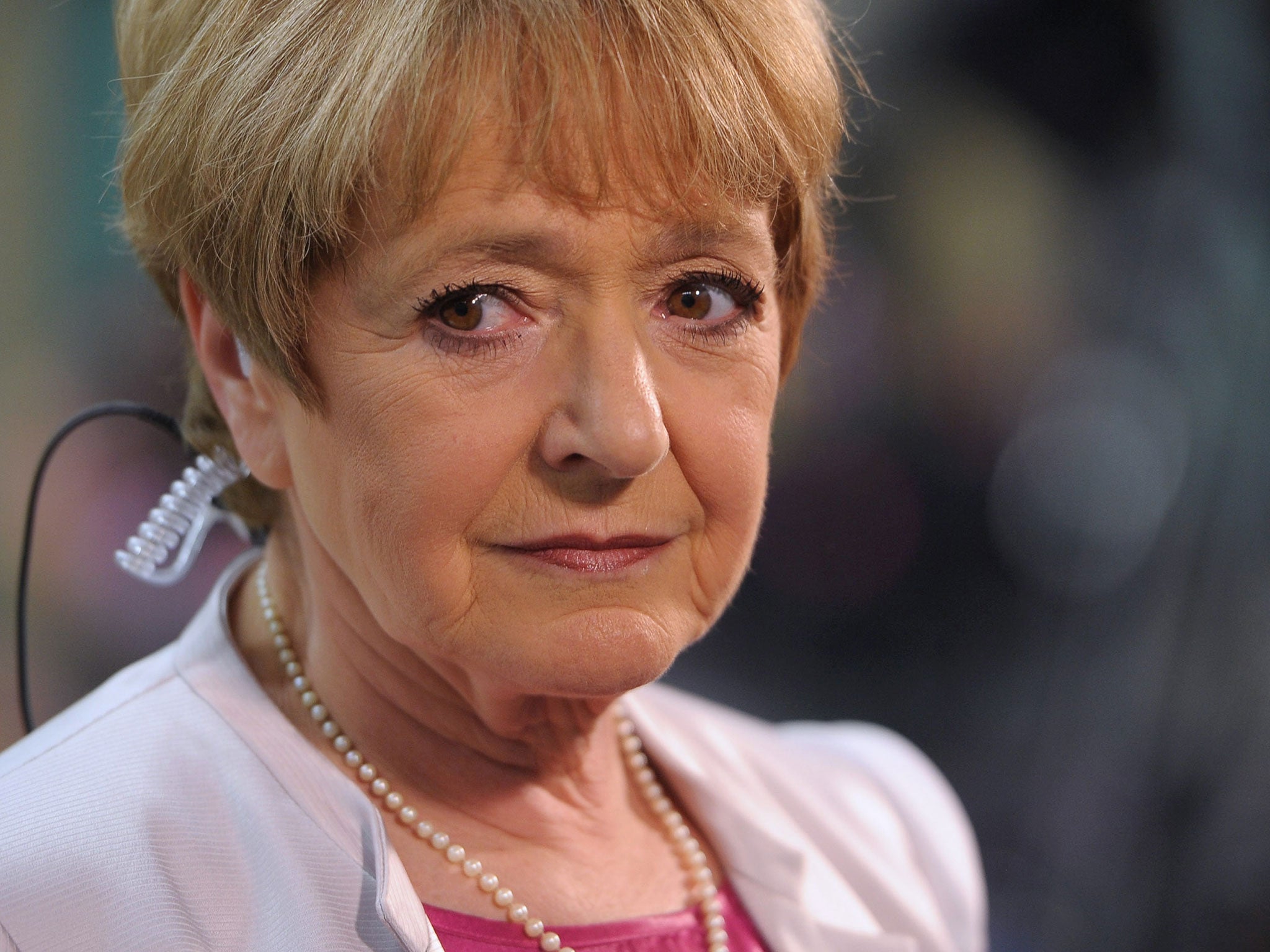Civil service whistleblowers need more support and protection, MPs say

Your support helps us to tell the story
From reproductive rights to climate change to Big Tech, The Independent is on the ground when the story is developing. Whether it's investigating the financials of Elon Musk's pro-Trump PAC or producing our latest documentary, 'The A Word', which shines a light on the American women fighting for reproductive rights, we know how important it is to parse out the facts from the messaging.
At such a critical moment in US history, we need reporters on the ground. Your donation allows us to keep sending journalists to speak to both sides of the story.
The Independent is trusted by Americans across the entire political spectrum. And unlike many other quality news outlets, we choose not to lock Americans out of our reporting and analysis with paywalls. We believe quality journalism should be available to everyone, paid for by those who can afford it.
Your support makes all the difference.The treatment of whistleblowers who expose problems in public services is “shocking” because they face victimisation, according to an inquiry by MPs which reports today.
They said that one in three civil servants does not know how to raise a concern under the Whitehall code, and warned that fears of reprisals are likely to deter other workers from exposing wrongdoing and dangerous practices in public services.
The all-party Public Accounts Committee said the scandal at Stafford Hospital and the cover-up over the Hillsborough football disaster showed that whistleblowing is a crucial source of intelligence. Despite that, it said there was still a haphazard approach across government, which left public sector workers scared to speak out.
Margaret Hodge, the committee’s Labour chairman, said: “We have heard of too many cases of appalling treatment of whistleblowers by their colleagues, but departments were unable to tell us if those who have threatened or victimised whistleblowers had been sanctioned. This lack of action has a profound impact on confidence and trust in the system, and means that employees are less likely to blow the whistle for fear of what may happen to them.”
The committee found evidence of such concerns across public services, including tax collection, health and social care to the rollout of rural broadband. It heard from one staff member at the Care Quality Commission who was victimised by senior departmental officials, but it appeared that no-one had been disciplined as a result.
A survey at the Ministry of Defence found that only 40 per cent of employees felt they would not suffer reprisals if they raised a concern, while at the Department of Health, only 54 per cent of respondents felt confident that they could speak up.
The MPs expressed concern that private firms delivering public services had not nominated a person in their sponsoring Whitehall department whom a whistleblower could approach. They said people who raised concerns were not routinely informed of what action was being taken.
The committee proposed that departments ensure that whistleblowers are protected, supported and have their welfare monitored. They should assign a board member responsible for their proper treatment. People who speak out should be given access to legal and counselling services, and there should be swift sanctions against employees, at all levels in the organisation, who victimise them.
Richard Bacon, a Conservative member of the committee, said: “Potential whistleblowers know that those who have come forward with legitimate concerns have sometimes been mistreated and even systematically victimised. In theory, many departments have improved their whistleblowing policies but the civil service culture does not encourage those with concerns to speak up. The civil service attitude to whistleblowing must change.”
Join our commenting forum
Join thought-provoking conversations, follow other Independent readers and see their replies
Comments